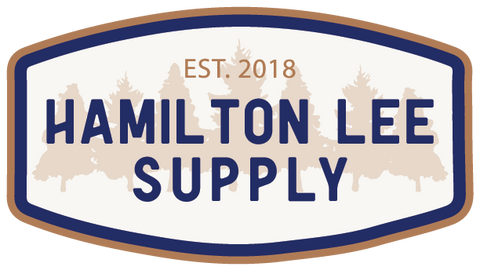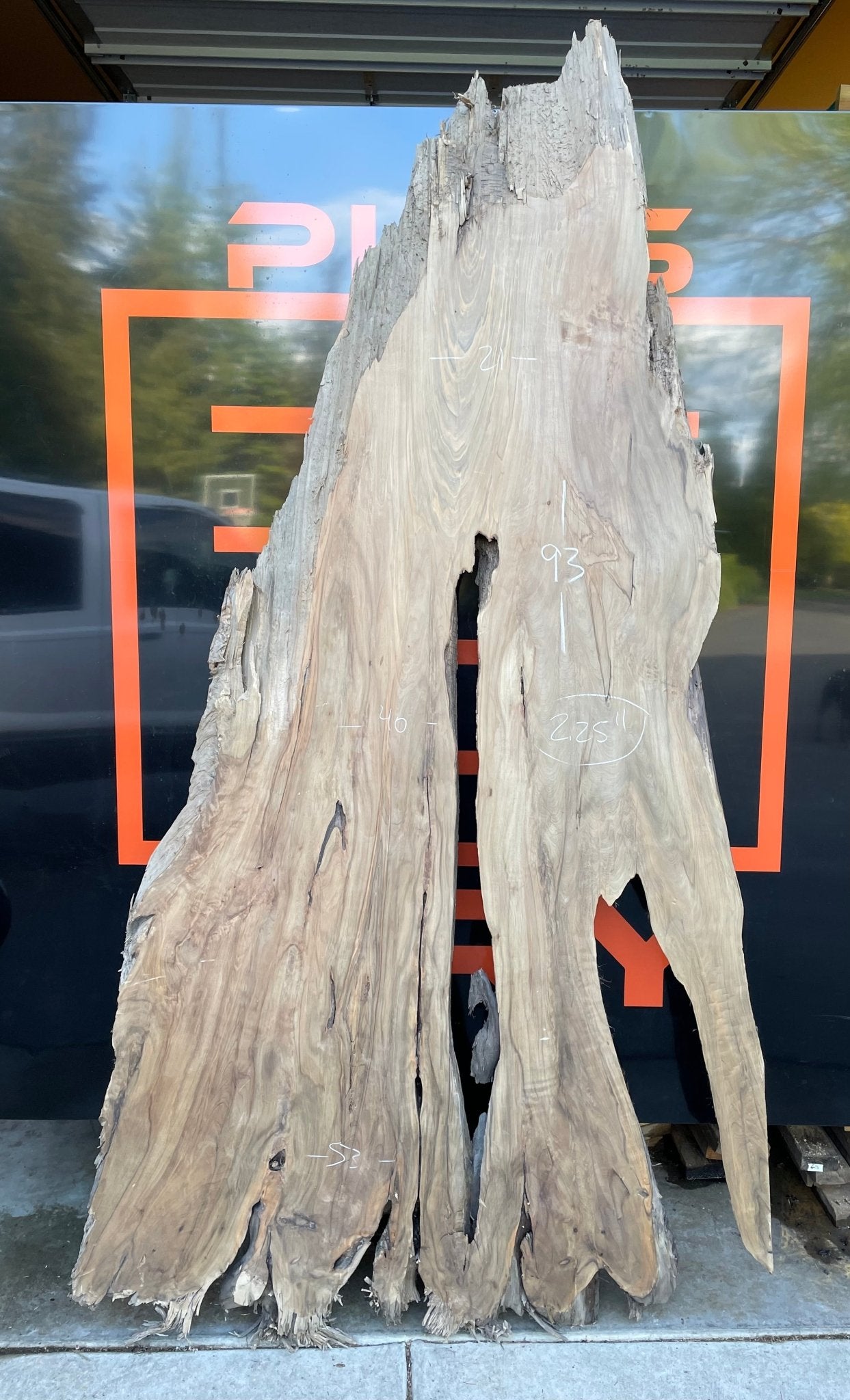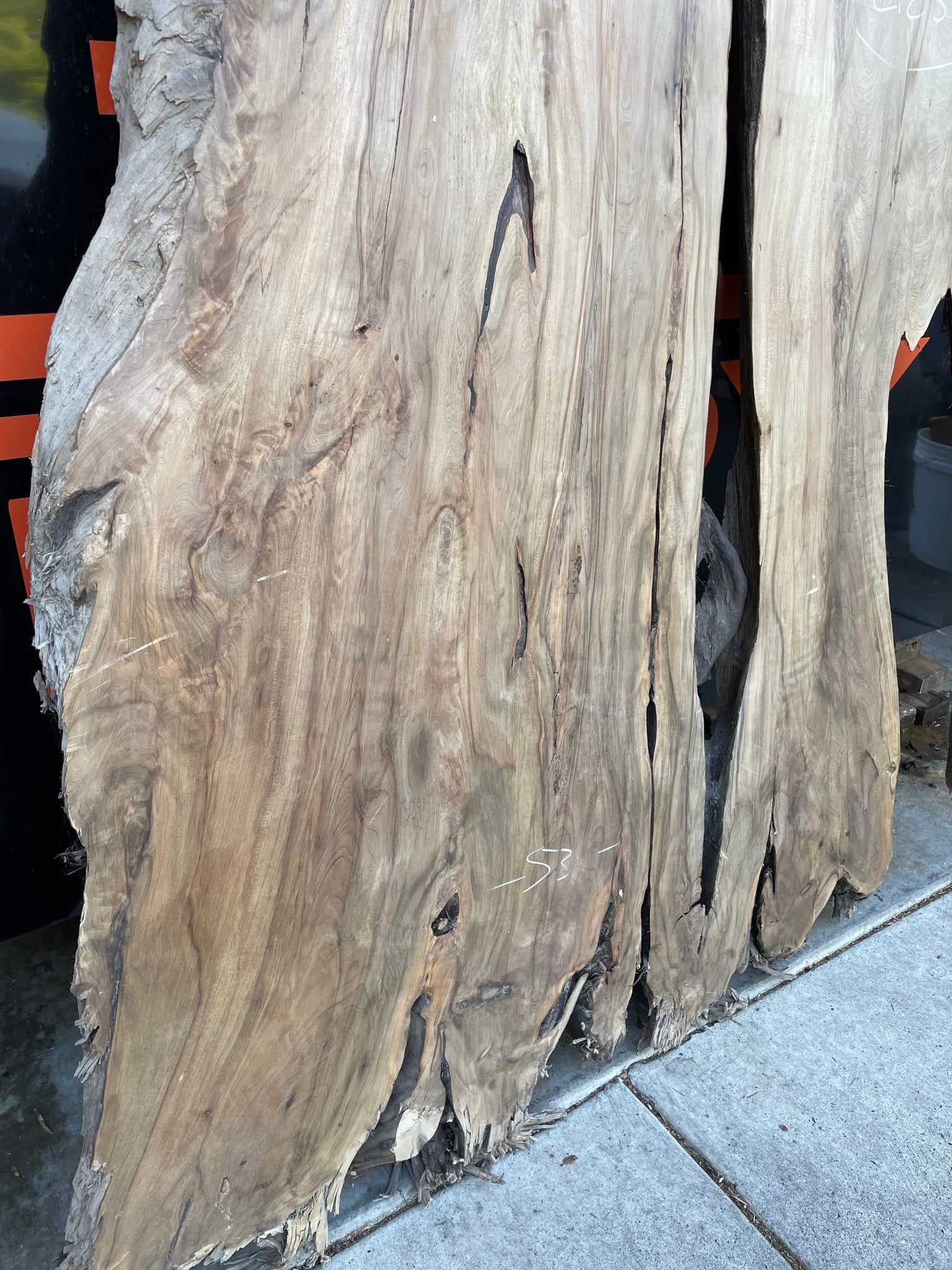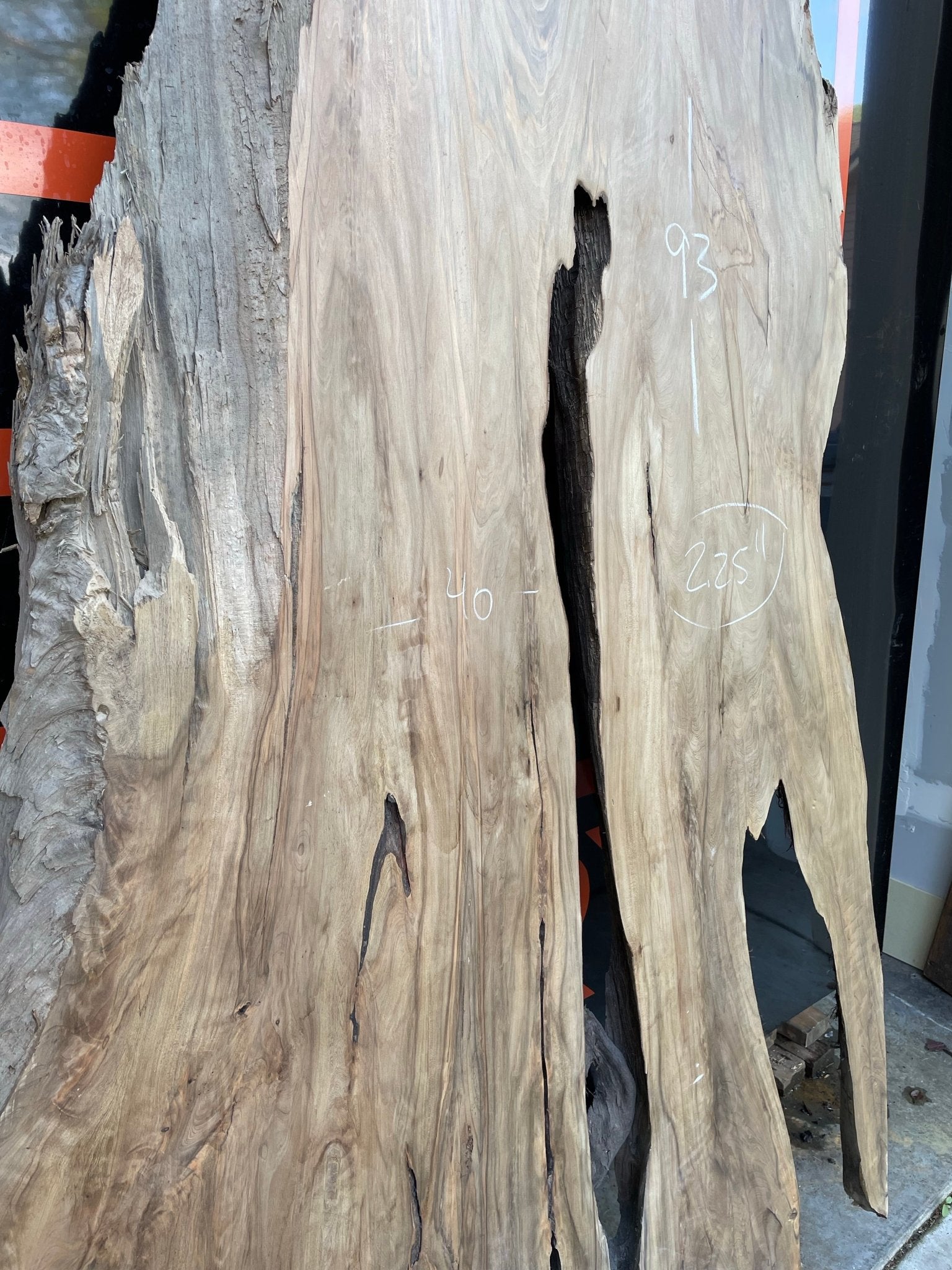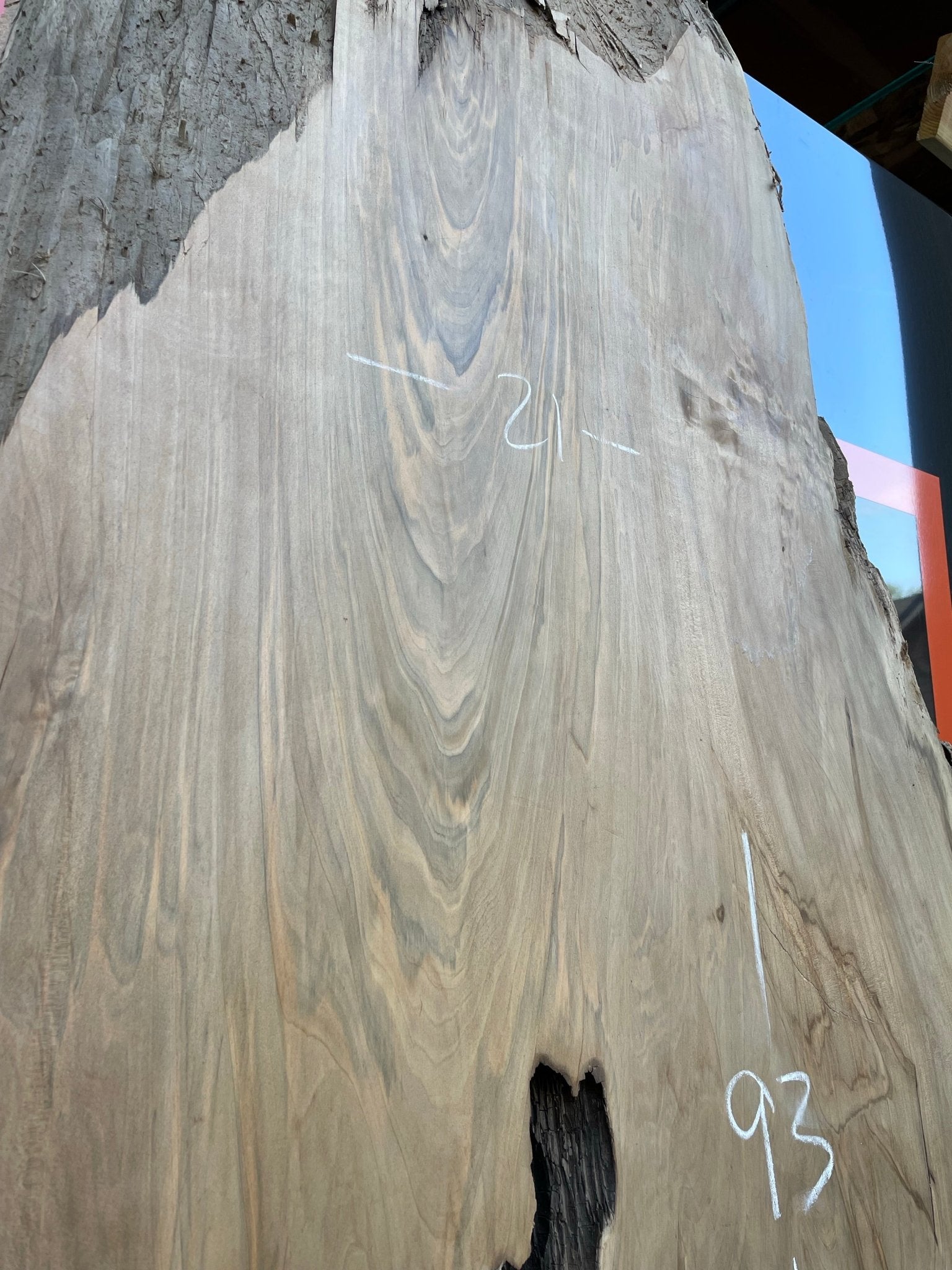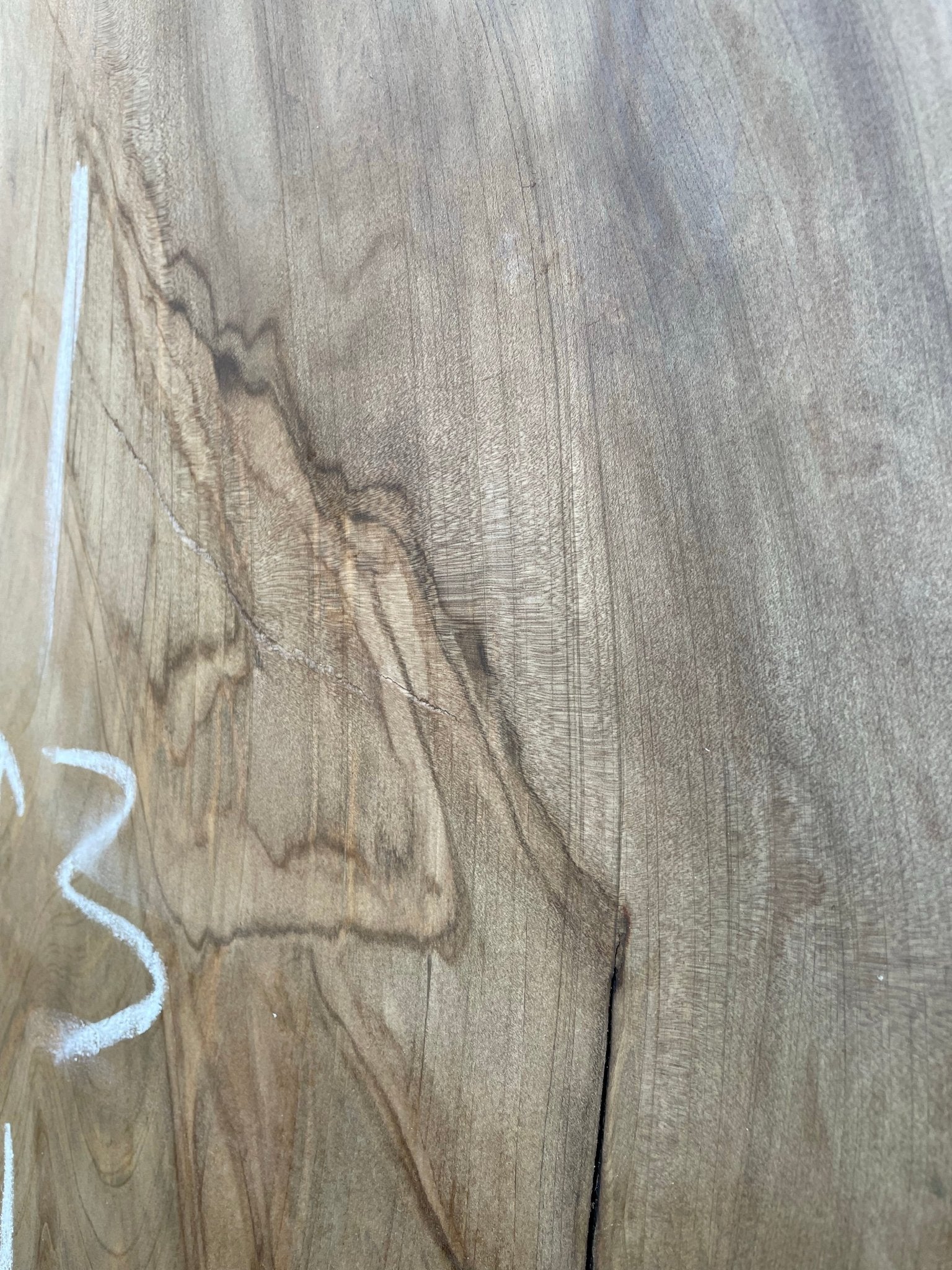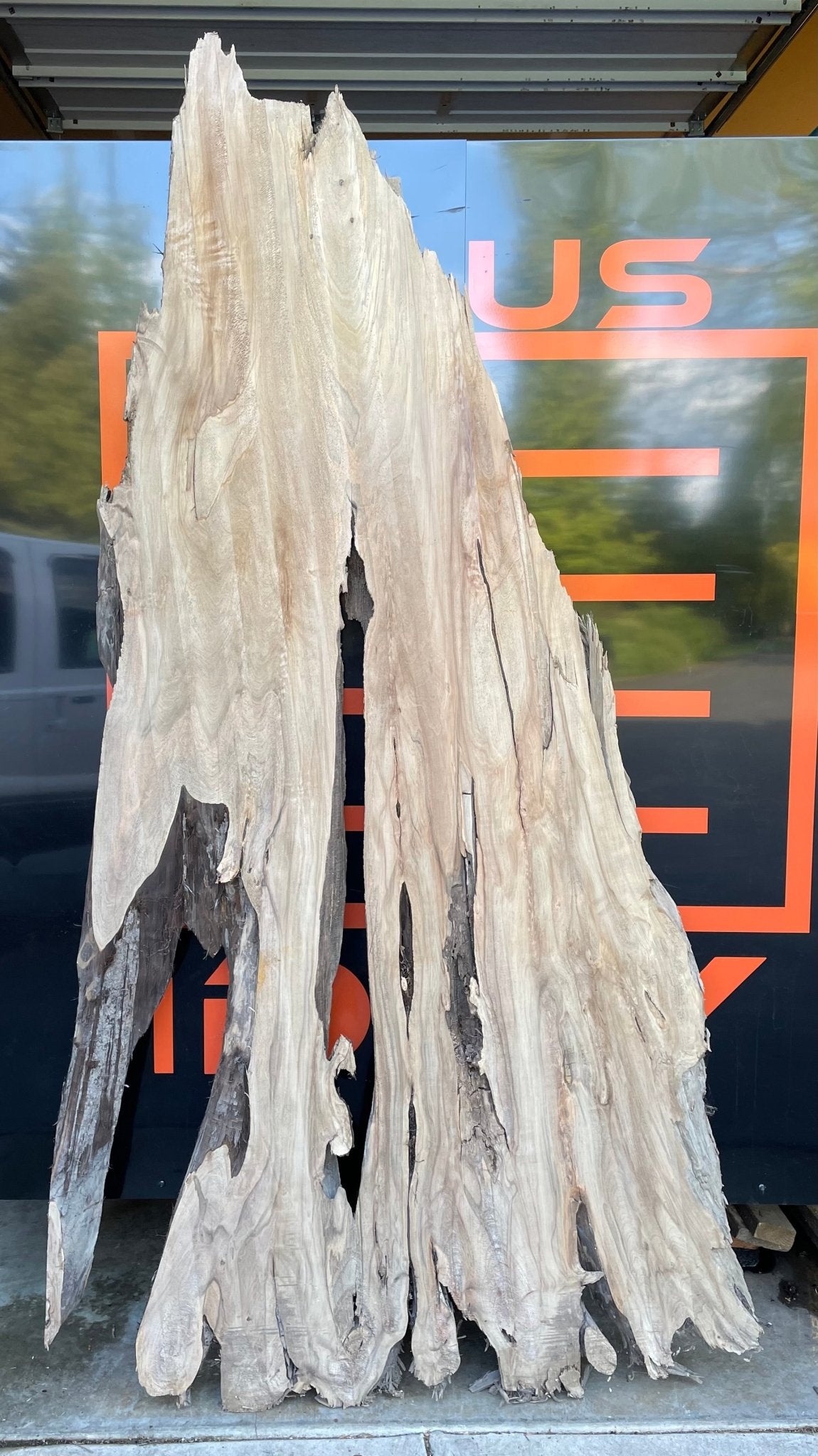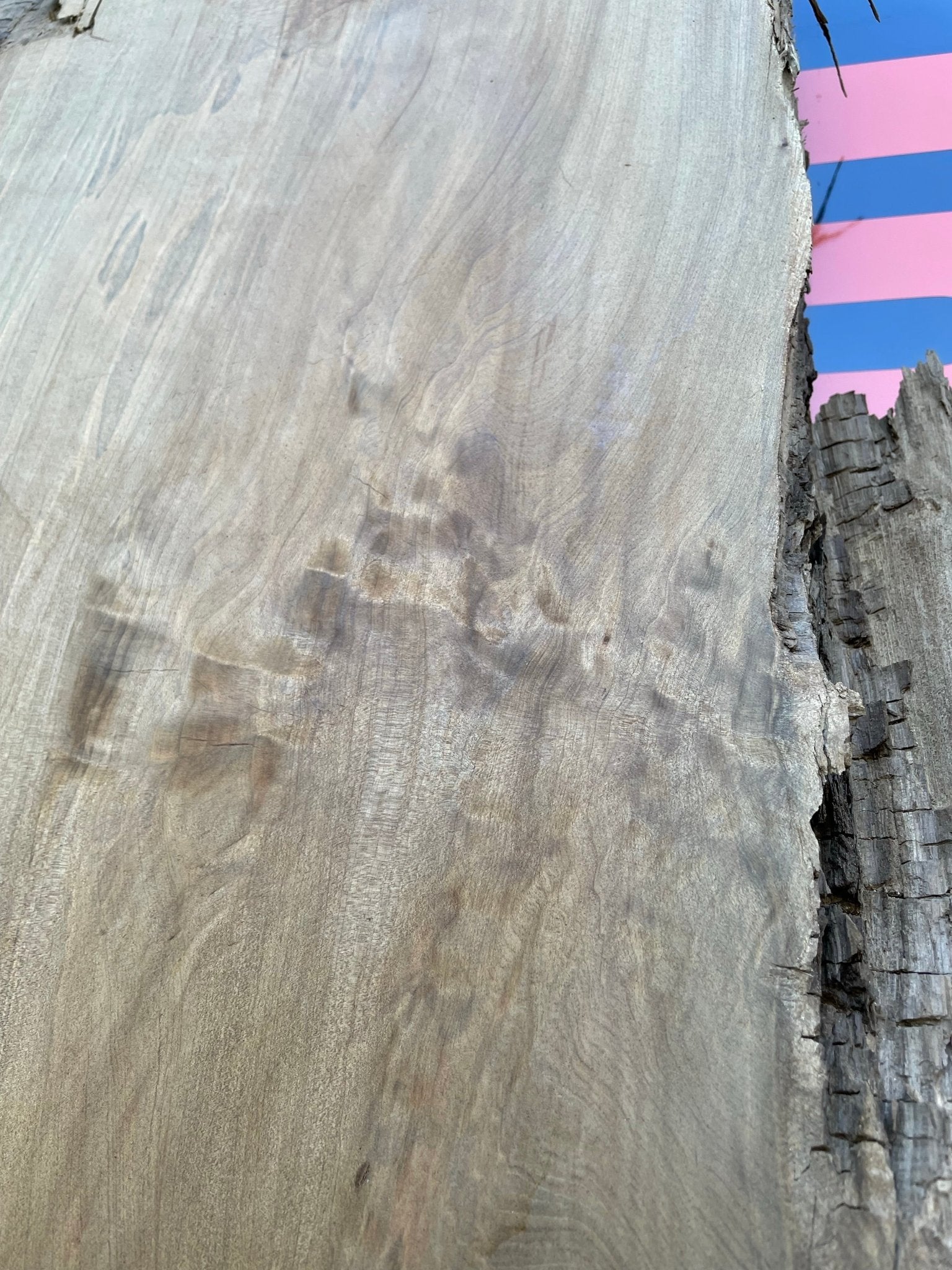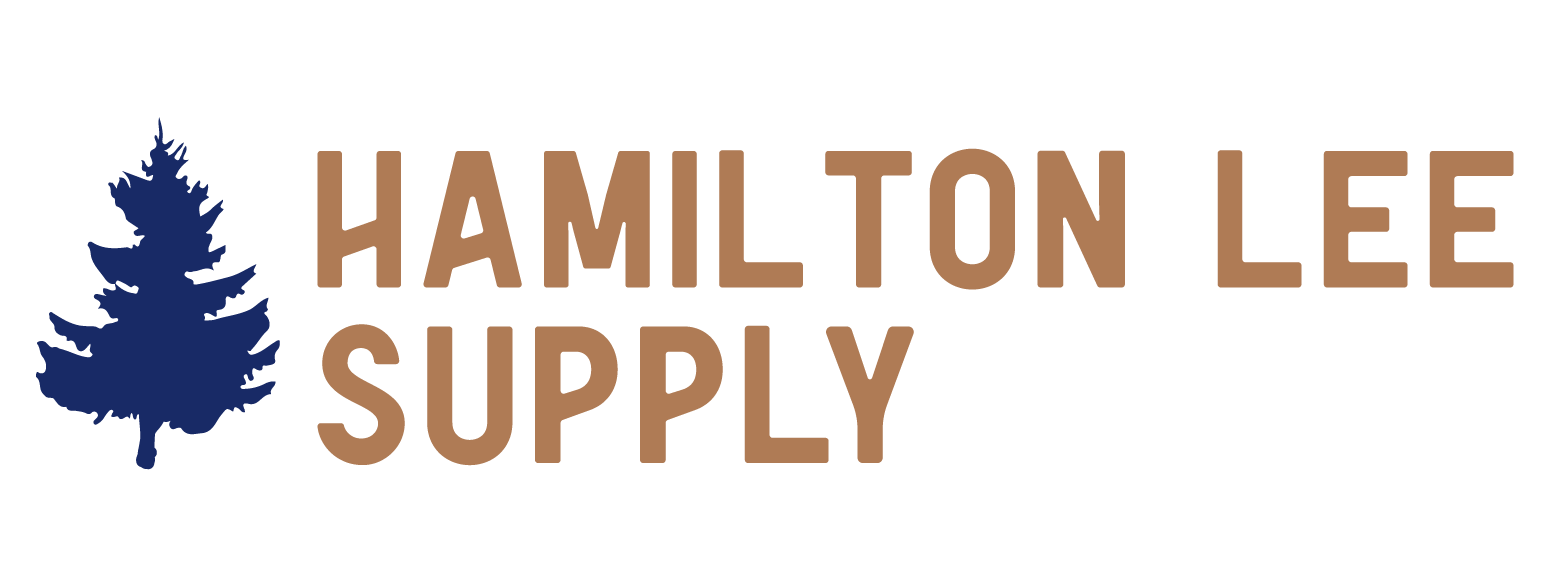LiveEdge Sinker Cypress Rootball Cut
Couldn't load pickup availability
Species: Sinker Cypress
Common Names: Bald Cypress, swamp Cypress, sinker Cypress, pecky Cypress, tidewater Red Cypress
SKU: BGMillersSC10
Length: 93"
Width (Bottom): 53"
Width (Middle): 40"
Width (Top): 21"
Thickness: 2.25"
Board Foot: 55.22 BDFT
Weight Estimate: 230 Pounds
Geographic Distribution: Native to the South Eastern United States
Janka Hardness: Measures around 510 pounds of force (2,270 Newtons)
Character Features: Rare|
|IDry Vacuum Kiln Dried
|Surfaced Flat Project Ready
The Product pictured is the product you'll receive.
Please note that as each tree is unique, no two pieces are alike.
This individuality guarantees that your piece is truly one-of-a-kind.
At Hamilton Lee Supply, we are committed to salvaging and preserving stunning wood materials.
Our focus on sustainability means that every piece of wood tells a story and contributes to a more sustainable future.
Shipping Information:
|Product Ships From: Battle Ground, Washington
|Free freighted or UPS shipping to the lower 48 United States via Economy Ground or LTL Freight. Orders to Alaska, Hawaii, and Canada may require additional shipping cost.
Once purchased, we will contact you via email or phone to arrange residential/commercial address classification, and whether a liftgate/forklift is required.
If you can't find a slab that perfectly fits your needs among our listed options, feel free to reach out to us directly.
We can check our inventory for additional slabs that may suit your preferences.
Contact Information:
|Email: info@hamiltonleesupply.com
|Phone: 360.601.8388
